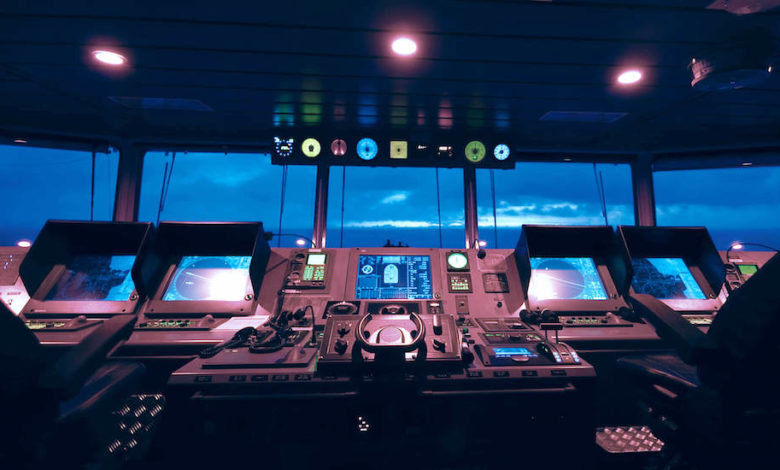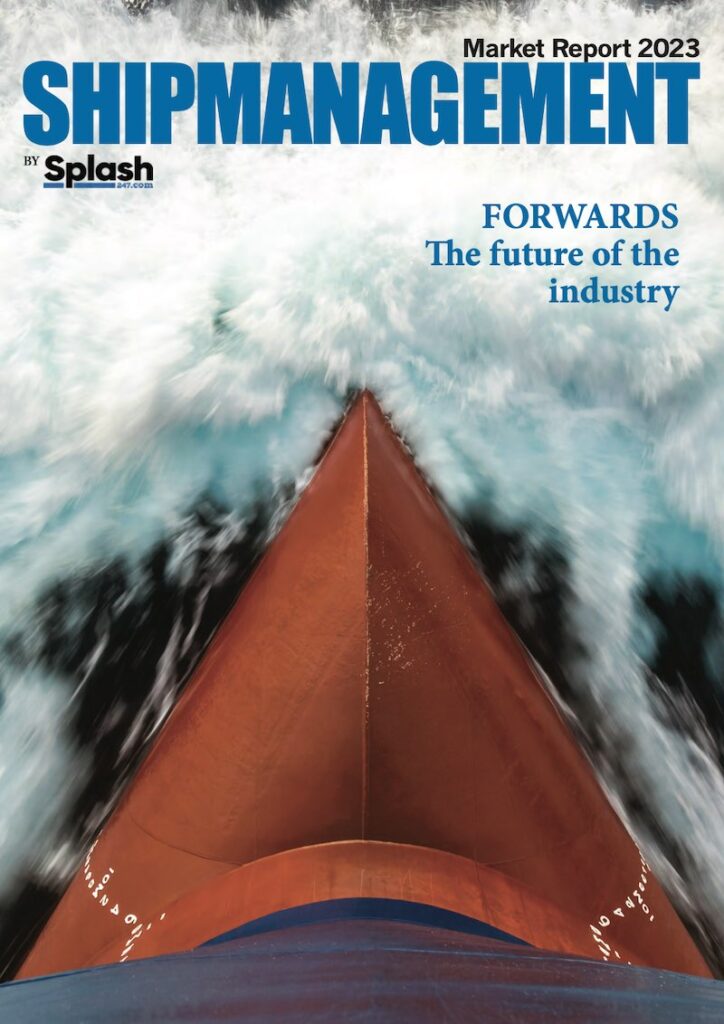Shipmanagement reimagined

Concluding our shipmanagement magazine coverage we turn to the back page where columnist Manish Singh lays out the change imperatives for the sector.
Within this decade, shipmanagement will be materially redefined, not only as an offering, but also the market map itself. Shipowning customers as well as key shipmanagement players are seeking partnership models to deliver on the many challenges on the path to 2030 and beyond. Several shipmanagement companies will also address succession, geographical and demographical challenges during this time.
Mergers are set to continue within the top 20 shipmanagers, as they combine their strengths in people, managed scale, technological platforms and complementary operational bases. The covid years have left a lasting impact on the global maritime workforce.
Shipmanagers of all scale have started to prepare themselves to assemble the human and capital resources needed to address their demographical and technological debt.
In a bid to disrupt and accelerate change, mergers and acquisitions will intensify in the coming couple of years. We shouldn’t be surprised to see at least two shipmanagers at the above 1,000 ships managed fleet scale within 2024.
However, surely consolidation cannot just be about scale. For the benefit of seafarers, shipowners, charterers and other stakeholders reliant on the shipmanagement industry, we need evidence of the other ‘C’ influence within the sector; collaboration.
Shipmanagement is in desperate need of re-imagination. Very much like the inflation-adjusted fees, the shipmanagement value proposition itself has mainly seen incremental changes since the mid-90s.
Often, when I introduce shipmanagement to people unfamiliar with the sector, I used to say shipmanagers are to shipowners, what ‘Marriott’ is to property owners in the hospitality sector. But with every passing year, this parallel appears less deserved. When top-tier hotel managers like Marriott take a property into management, they underpin optimal performance from the asset and take a much larger commercial and operational risk than the typical manager. The sentiment of shipmanager, acting for and on behalf of owners, as agents only is fundamental to the as-is shipmanagement offering. The principal-agent dynamic here is appropriate, as is the risk/reward apportionment of the status quo. However, with the profile of both shipowners and charterers evolving and expected to change more so in the future, a re-imagination of this relationship is indeed overdue.
Shipmanagement is a congested space. When considering the incredibly complex operational, reputational and environmental risks that rests on shipmanagement’s shoulders, it is shocking how low the barriers to entry are. For the performance of shipmanagement to transform, the barriers to success ought to be drawn higher.
I am not implying that size is the only key to success going forward. There are many examples of small-mid size managers collaborating on diverse issues such as procurement, training, piloting of new initiatives, etc.
Stakeholders reliant on the shipmanagement industry will demand that collaborative innovation becomes more prevalent within the sector.
Are shipowners being left largely to themselves in taking risky capex decisions relating to new tech and fuels? The best shipmanagement partners are those who are playing a demonstrable role in maritime carbon response measures.
With the changing face of the shipowner going more institutional than family-owned, we expect to see greater fixed opex contracts or performance-based contracts. This will require a more progressive apportionment of risk -reward between the shipowner and manager than the cost plus fees approach to shipmanagement.
As freight and cashflow have improved on chronically suffering sectors, the emphasis on incident-free maximum availability has increased a lot more than lowest opex and cheapest fees as a key performance criteria.
With challenges as well as opportunities abound, the leaders of the sector will be those that are re-imagining shipmanagement.
This article is one of many reports carried in our brand new 68-page Shipmanagement Market Report. Splash readers can access the full magazine for free by clicking here.


Hello Sam,
While Manish Singh has rightly pointed about many things in this article which need to change, here is my take after experience of around 30 years being on both sides of the table (being a ship manager and then being an Owner employing a ship manager):
1. Present ship management thinking/offering “acting as agent for and behalf of Owners “ need to change. Most of the time, hiding behind this premise, they are not ready to take responsibility for mot of the things. Just saying “Sorry” if anything goes wrong is not sufficient. They need to take ownership of their actions and take responsibility for same. They must treat every ship as their own.
2. Cost plus fees model of shipmanagement cannot work unless the manager is adequately rewarded with reasonable remuneration. With the shipmanagement fee remaining more or less stagnant, managers are forced to supplement their income with commissions.
3. With reasonable management fee, commissions must go towards reducing operation expenses. Managers must be transparent in this respect and for all costs incurred on behalf of the Owner.
4. Presently, with the cost plus structure, managers are reluctant to use their money for any improvements in their operation.
5. Notice period for in/out of management forces manager for contract type arrangements for ship and shore staff. This needs to be looked to bring in more certainty/continuity in employment of staff.
6. Because of the above model filled with uncertainty, no manager is ready to make long term investments. I have yet to see a manager even buying office space. Most continue on rental for decades.
7. Both Owners and Managers need to work like partners rather than a principal/contractor relationship. Mutual trust and collaboration is important in all areas and especially in training of staff both on ships and ashore.
Kind regards,
Anil Arora